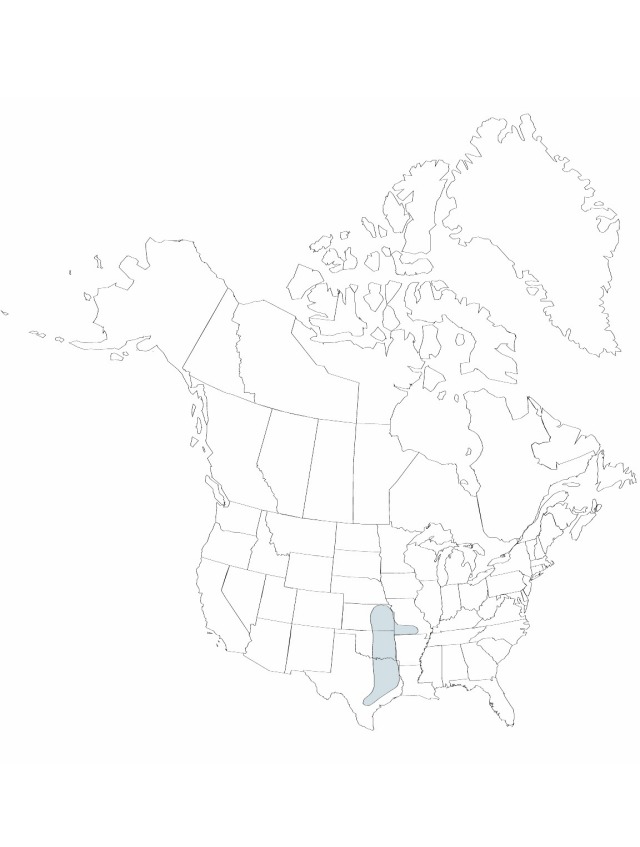Difference between revisions of "Tradescantia tharpii"
Contr. Arnold Arbor. 9: 70; plate 4, fig. 9; plate 9; map 7. 1935.
FNA>Volume Importer |
imported>Volume Importer |
||
| (2 intermediate revisions by 2 users not shown) | |||
| Line 6: | Line 6: | ||
|place=9: 70; plate 4, fig. 9; plate 9; map 7. 1935 | |place=9: 70; plate 4, fig. 9; plate 9; map 7. 1935 | ||
|year=1935 | |year=1935 | ||
| + | }} | ||
| + | |special_status={{Treatment/ID/Special_status | ||
| + | |code=E | ||
| + | |label=Endemic | ||
}} | }} | ||
|basionyms= | |basionyms= | ||
| Line 42: | Line 46: | ||
|publication title=Contr. Arnold Arbor. | |publication title=Contr. Arnold Arbor. | ||
|publication year=1935 | |publication year=1935 | ||
| − | |special status= | + | |special status=Endemic |
| − | |source xml=https:// | + | |source xml=https://bitbucket.org/aafc-mbb/fna-data-curation/src/2e0870ddd59836b60bcf96646a41e87ea5a5943a/coarse_grained_fna_xml/V22/V22_152.xml |
|genus=Tradescantia | |genus=Tradescantia | ||
|species=Tradescantia tharpii | |species=Tradescantia tharpii | ||
Latest revision as of 20:29, 5 November 2020
Herbs, erect or ascending, rarely rooting at nodes. Stems absent or 2–7 cm in flower, to 20 cm in fruit, shaggy pilose to villous. Leaves: blade green, linear-lanceolate, 4–30 × 0.9–2.5 cm (distal leaf blades equal to or narrower than sheaths when sheaths opened, flattened), margins frequently clear or edged with rose, laxly and irregularly pilose or villous. Inflorescences terminal, solitary; bracts foliaceous, well developed, not saccate, sparsely to densely pilose. Flowers distinctly pedicillate; pedicels 4–6 cm, laxly pilose; sepals usually purple or rose-colored (rarely pale green), not inflated, 1.2–1.6 cm, uniformly eglandular-pilose; petals distinct, deep rose or purple, or frequently blue, broadly ovate, not clawed, 1.8–2.2 cm; stamens free; filaments bearded. Capsules 5–7 mm. Seeds 2–3 mm. 2n = 24.
Phenology: Flowering spring.
Habitat: Clay soils of rocky prairies and open woodlands
Distribution

Kans., Mo., Okla., Tex.
Discussion
Selected References
None.